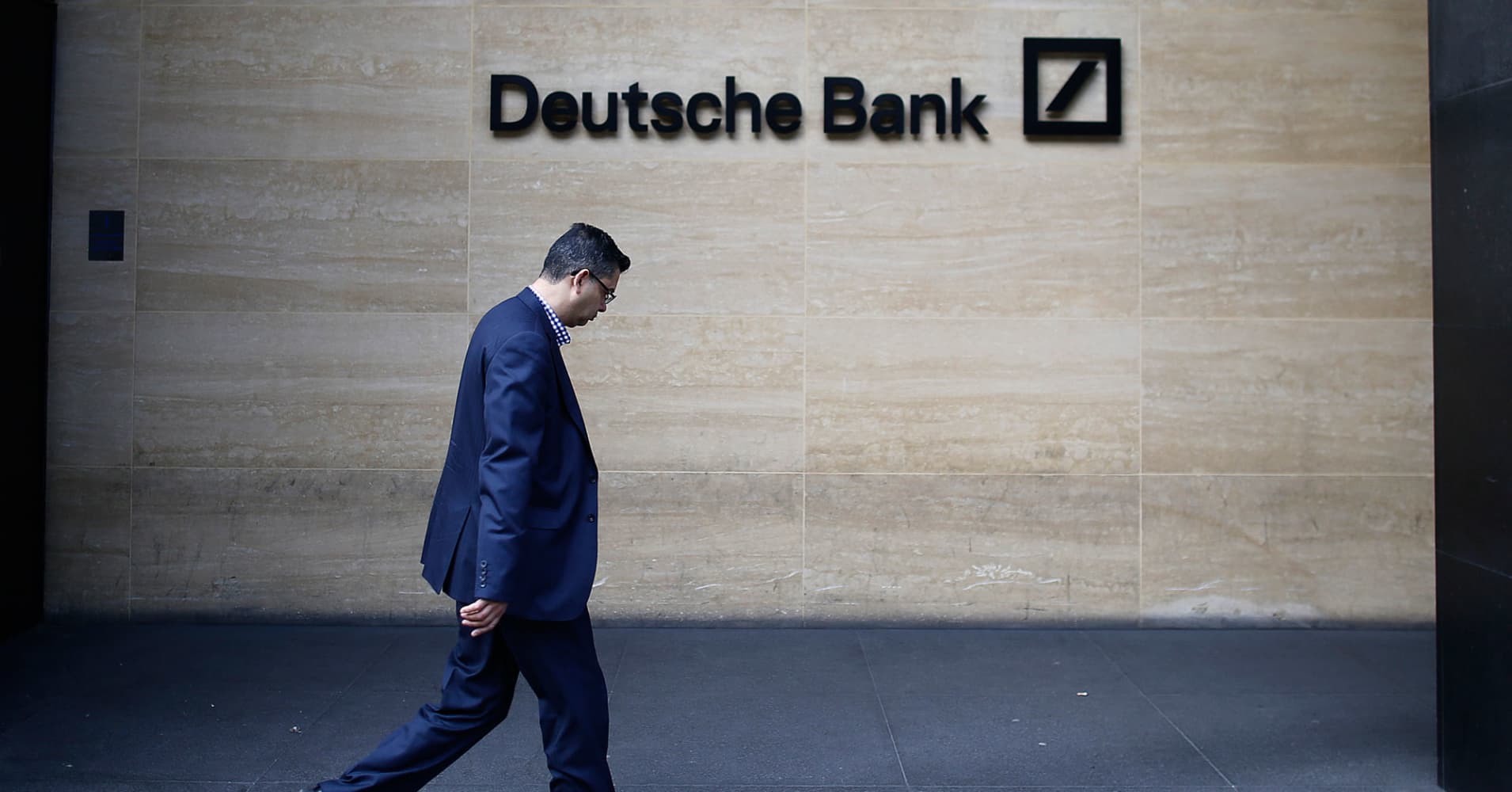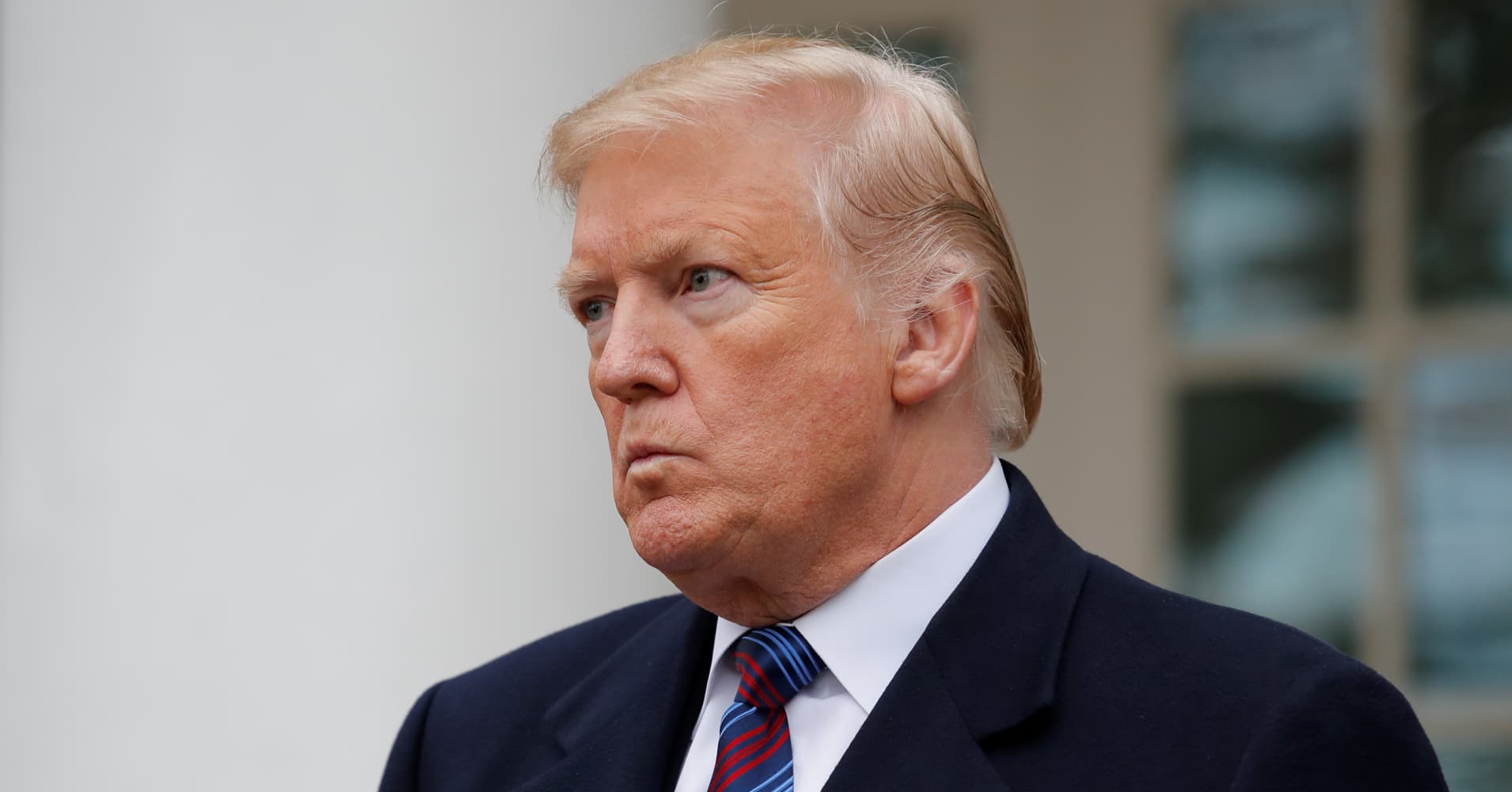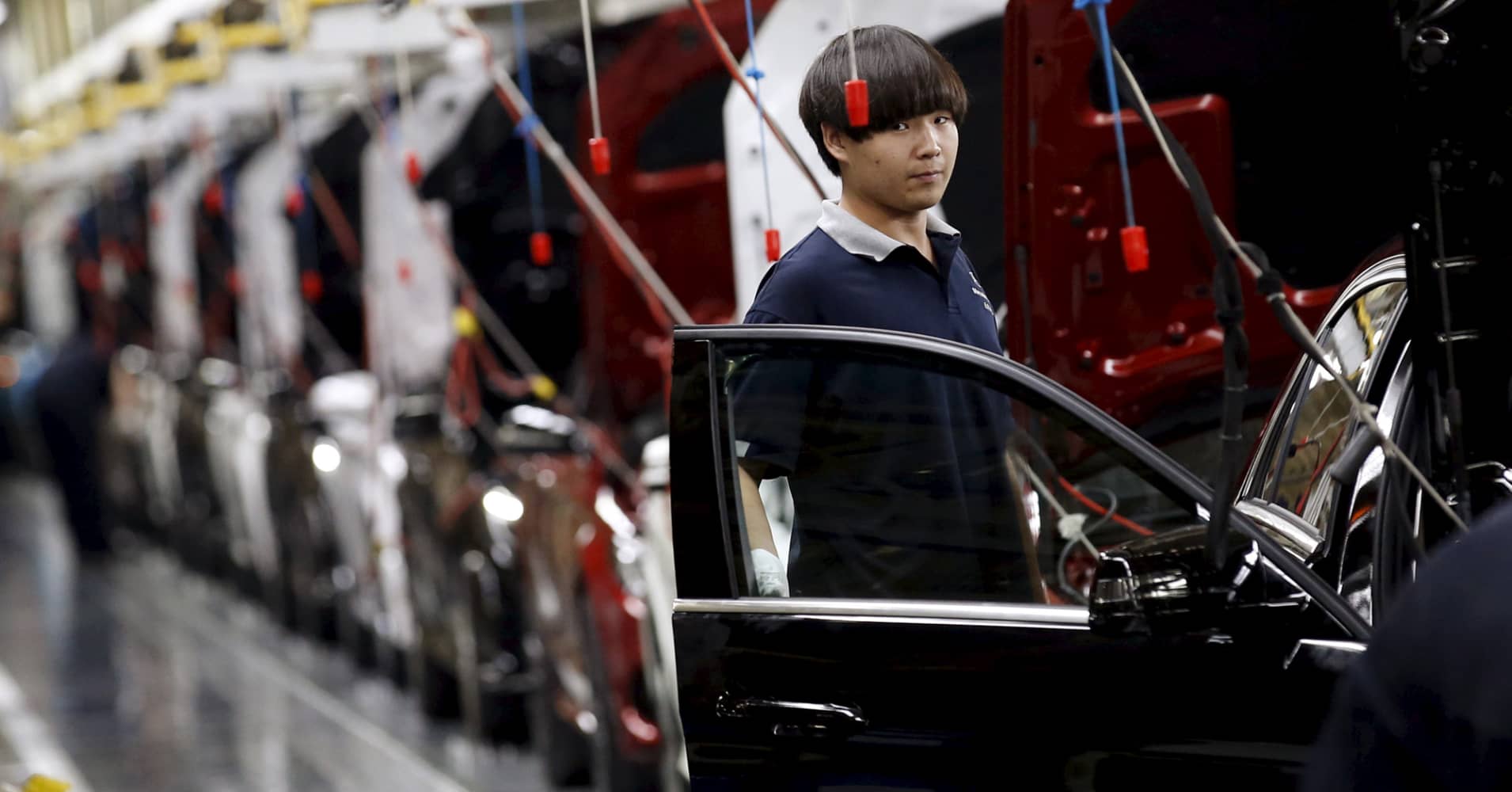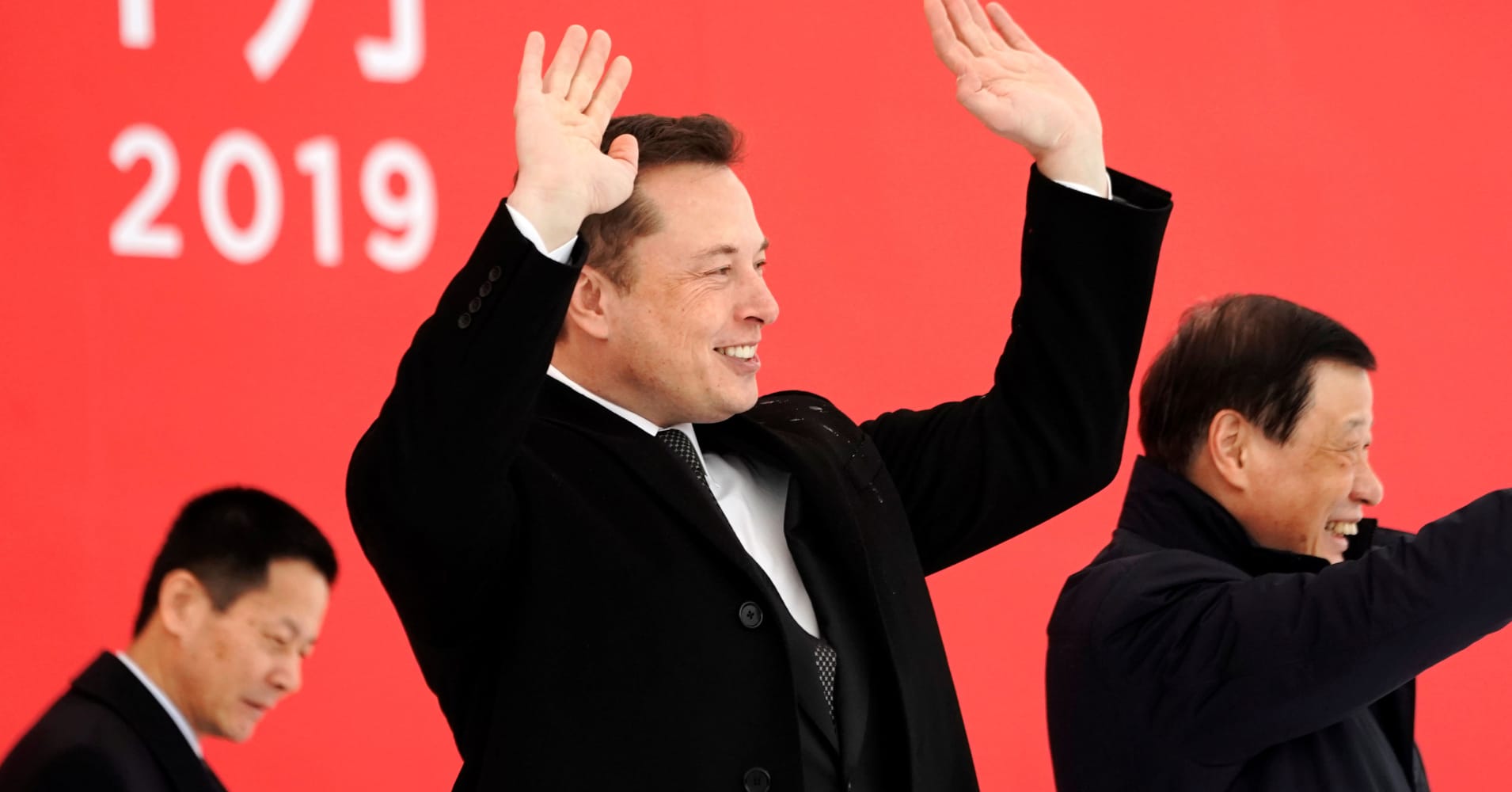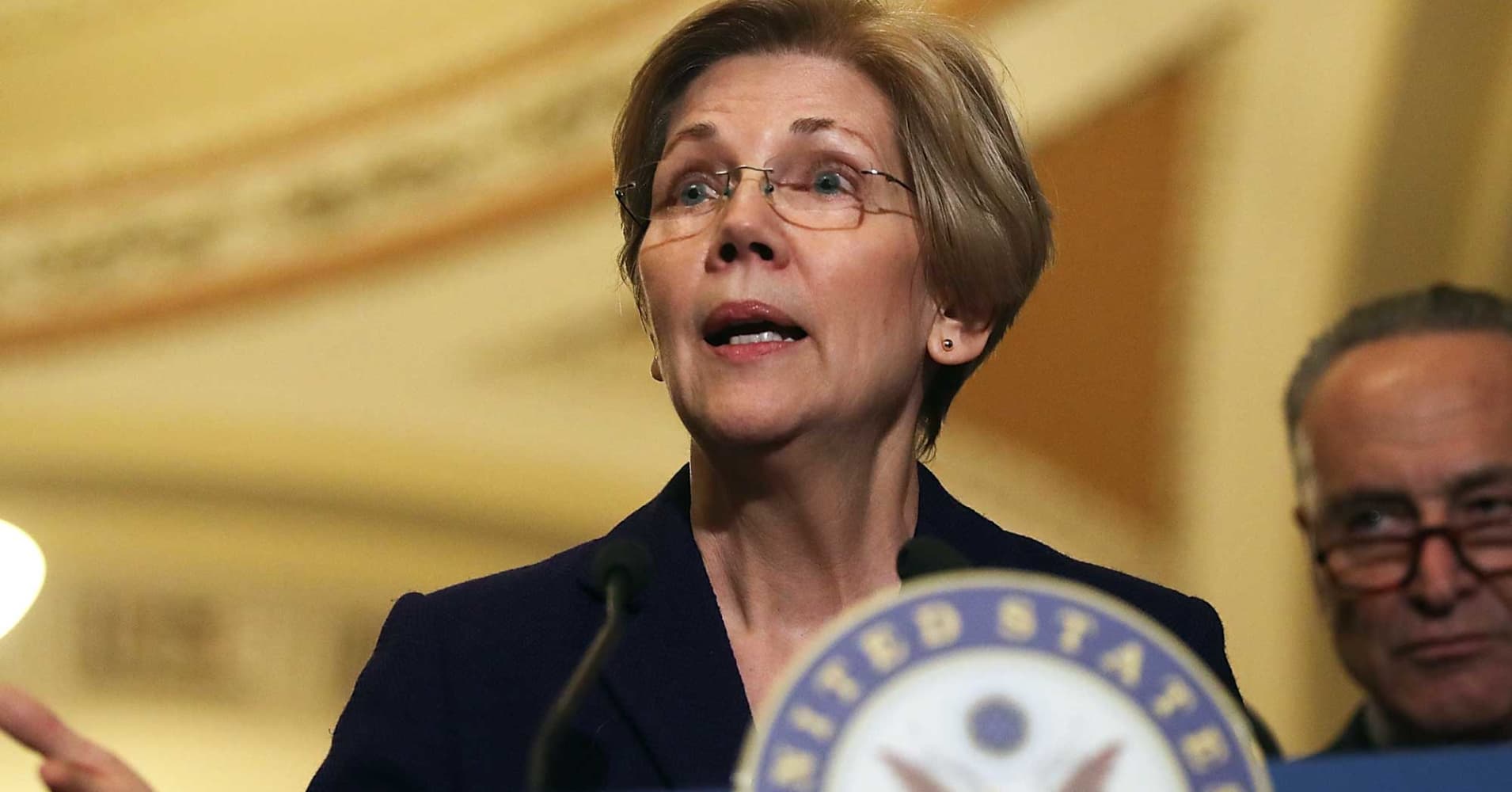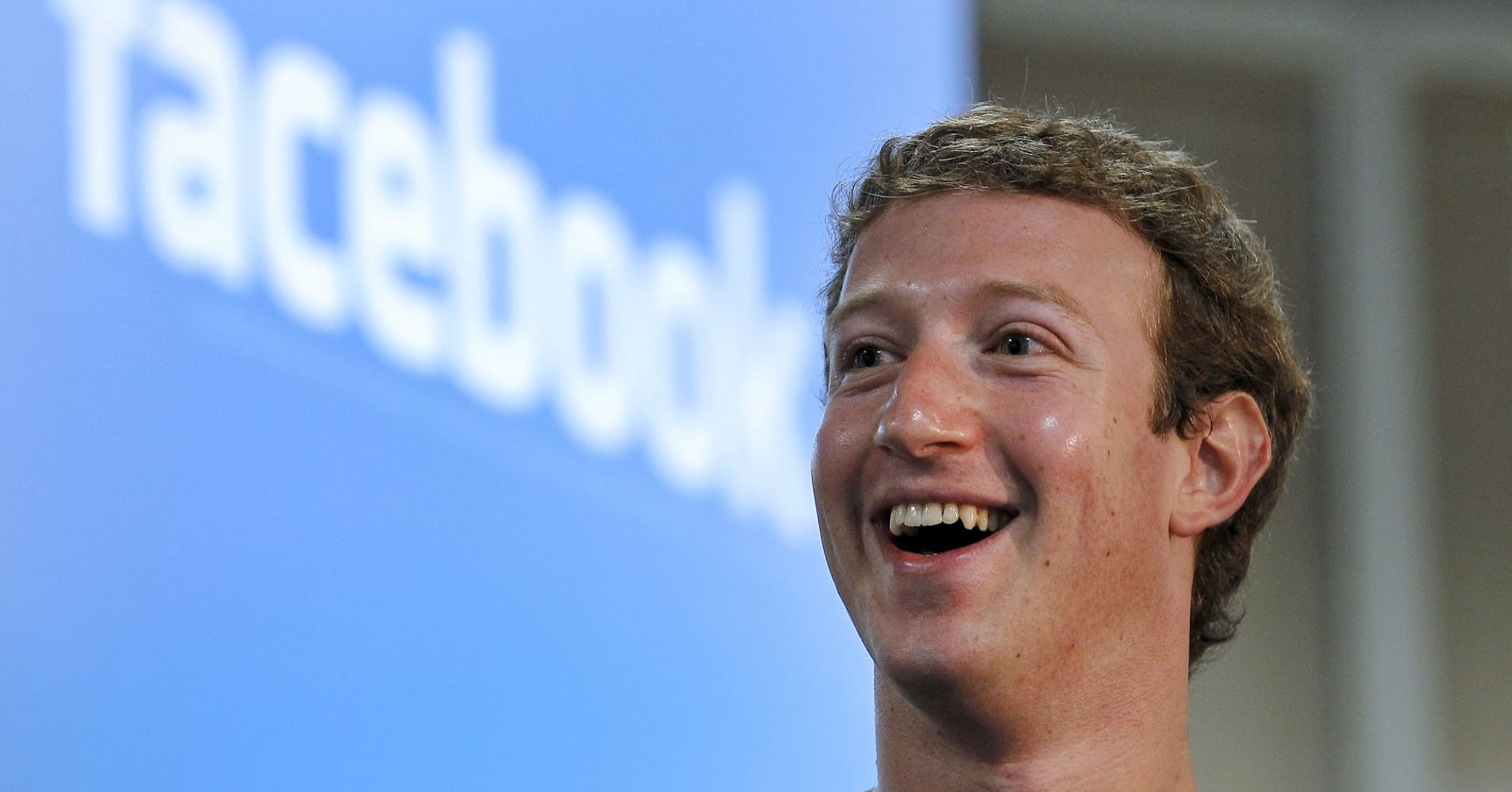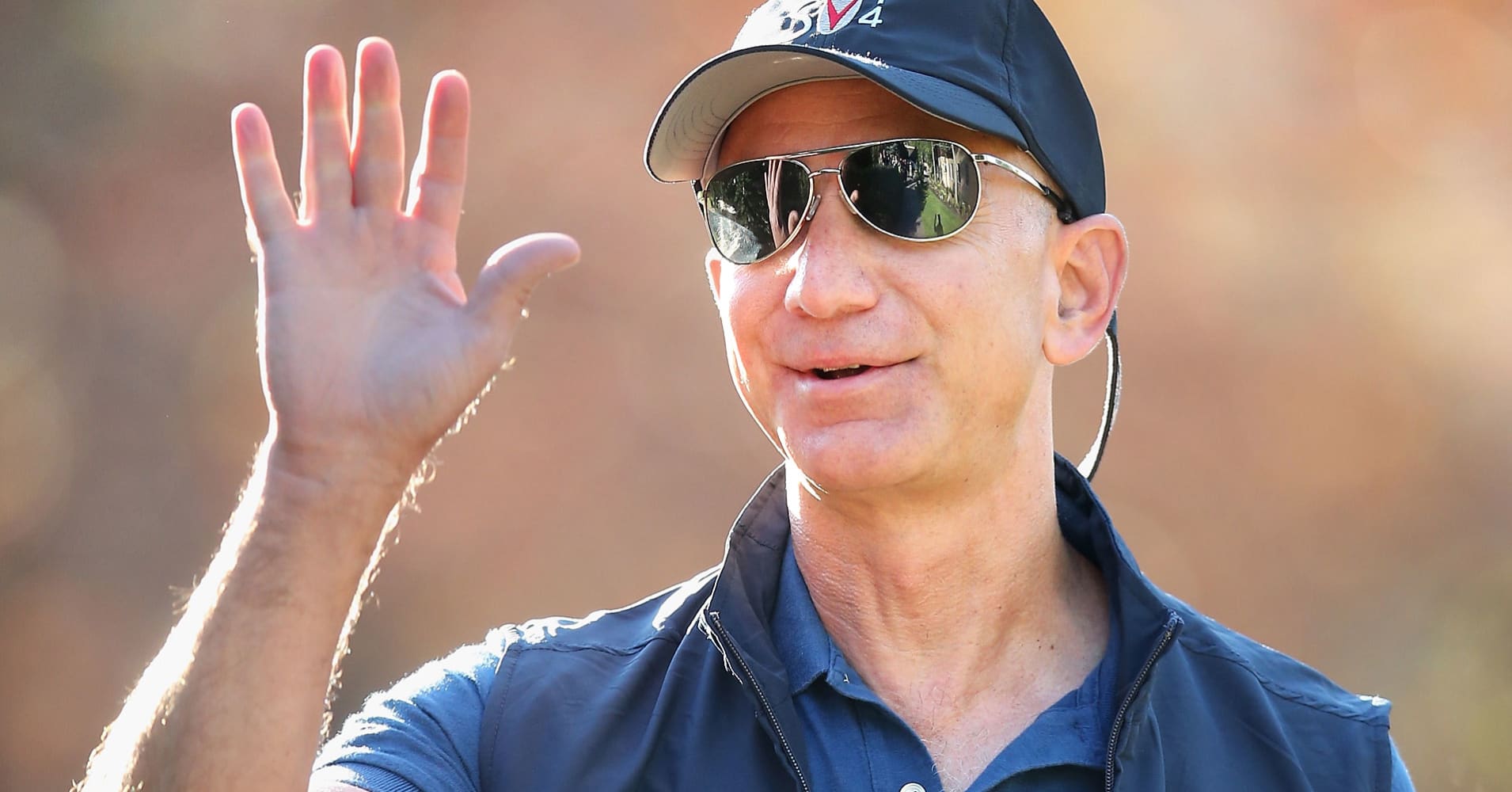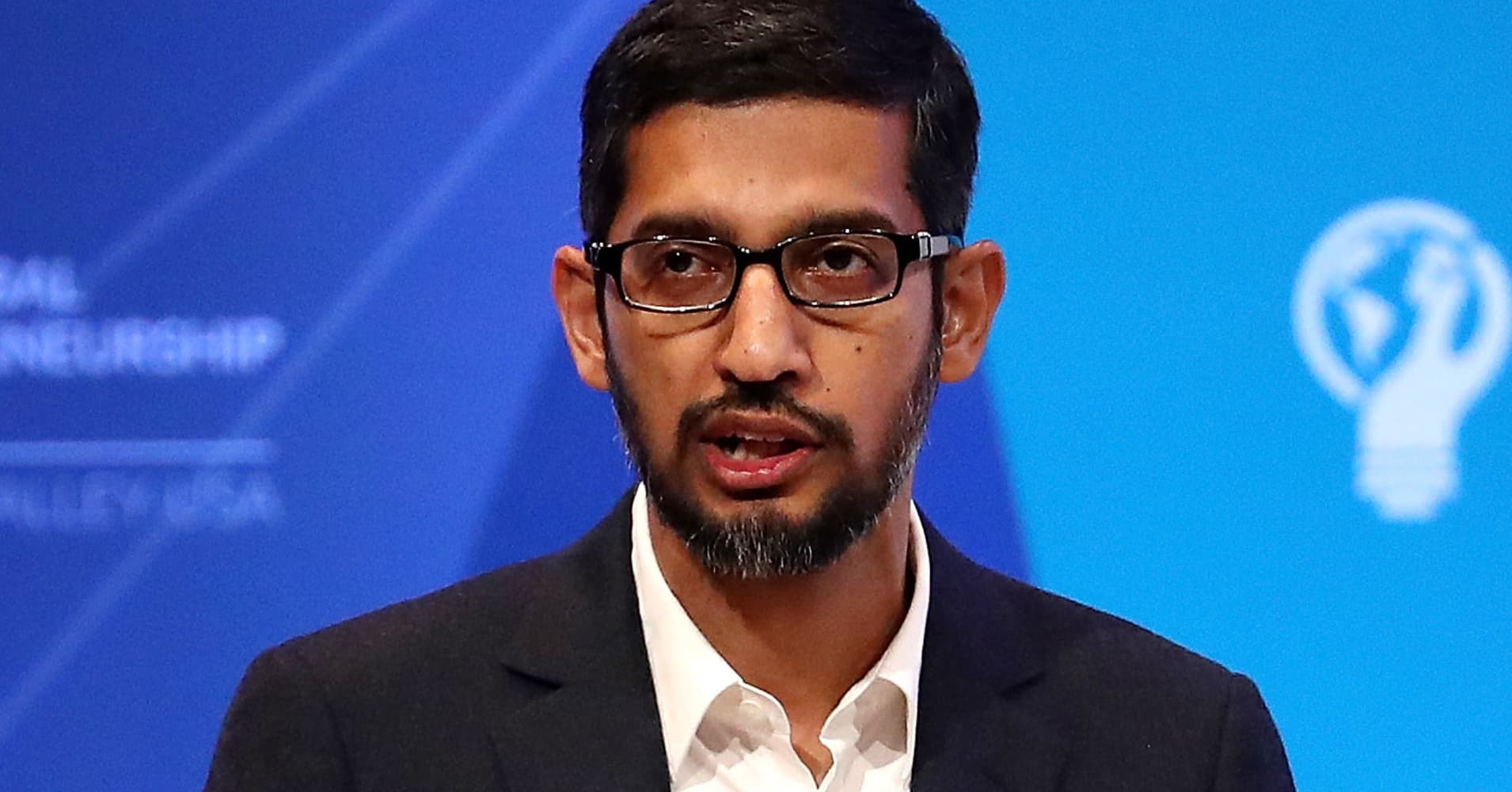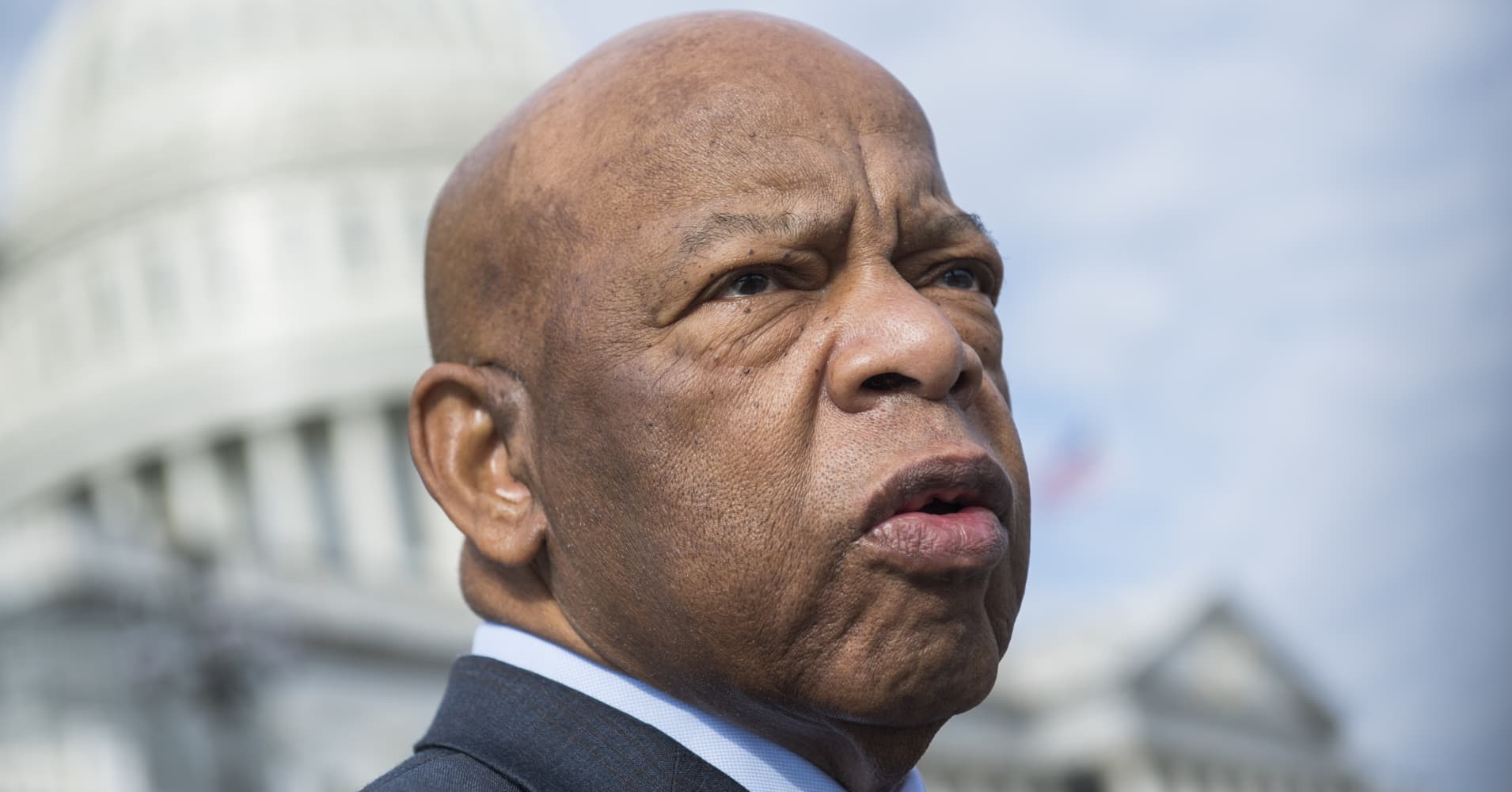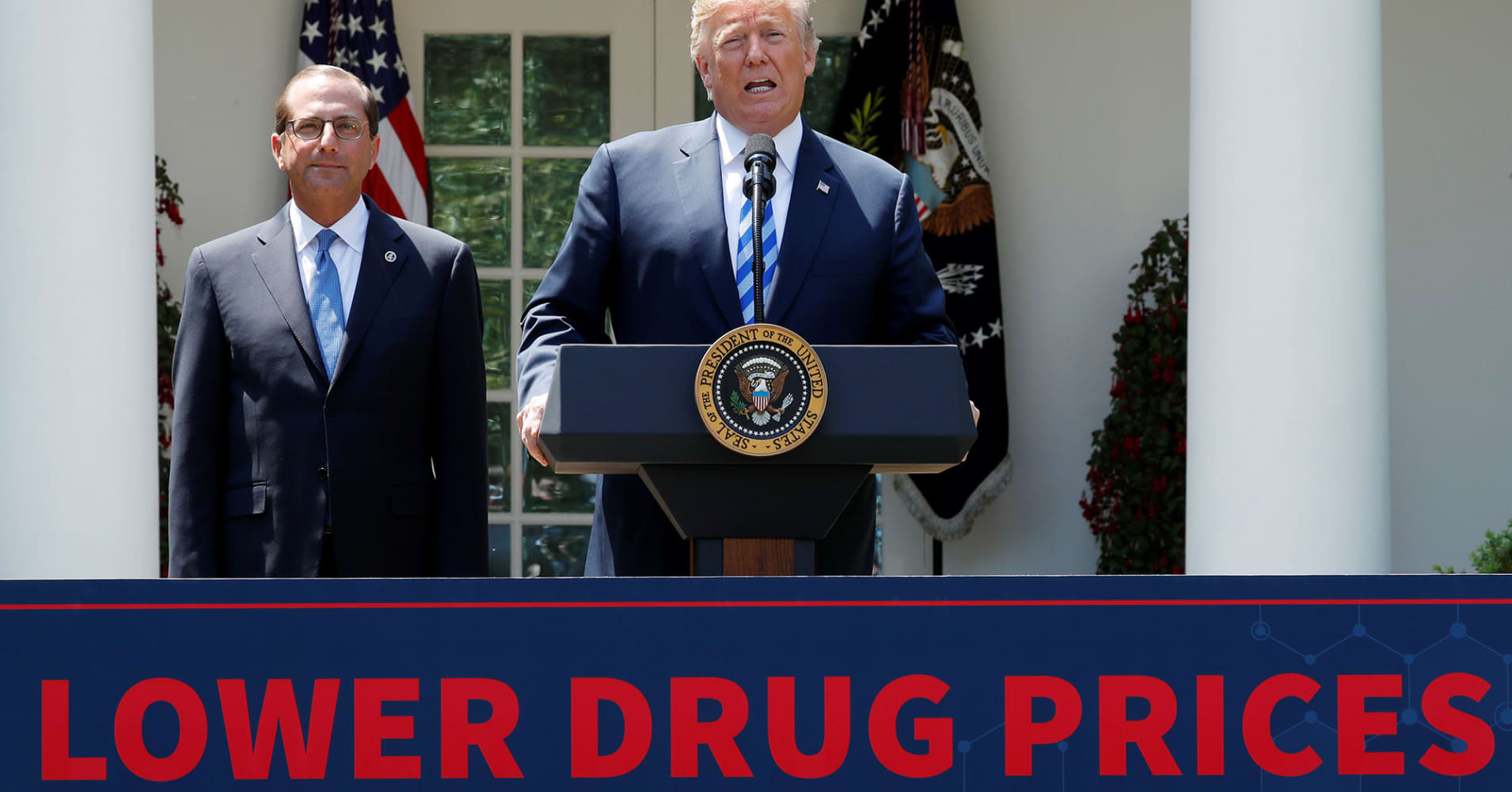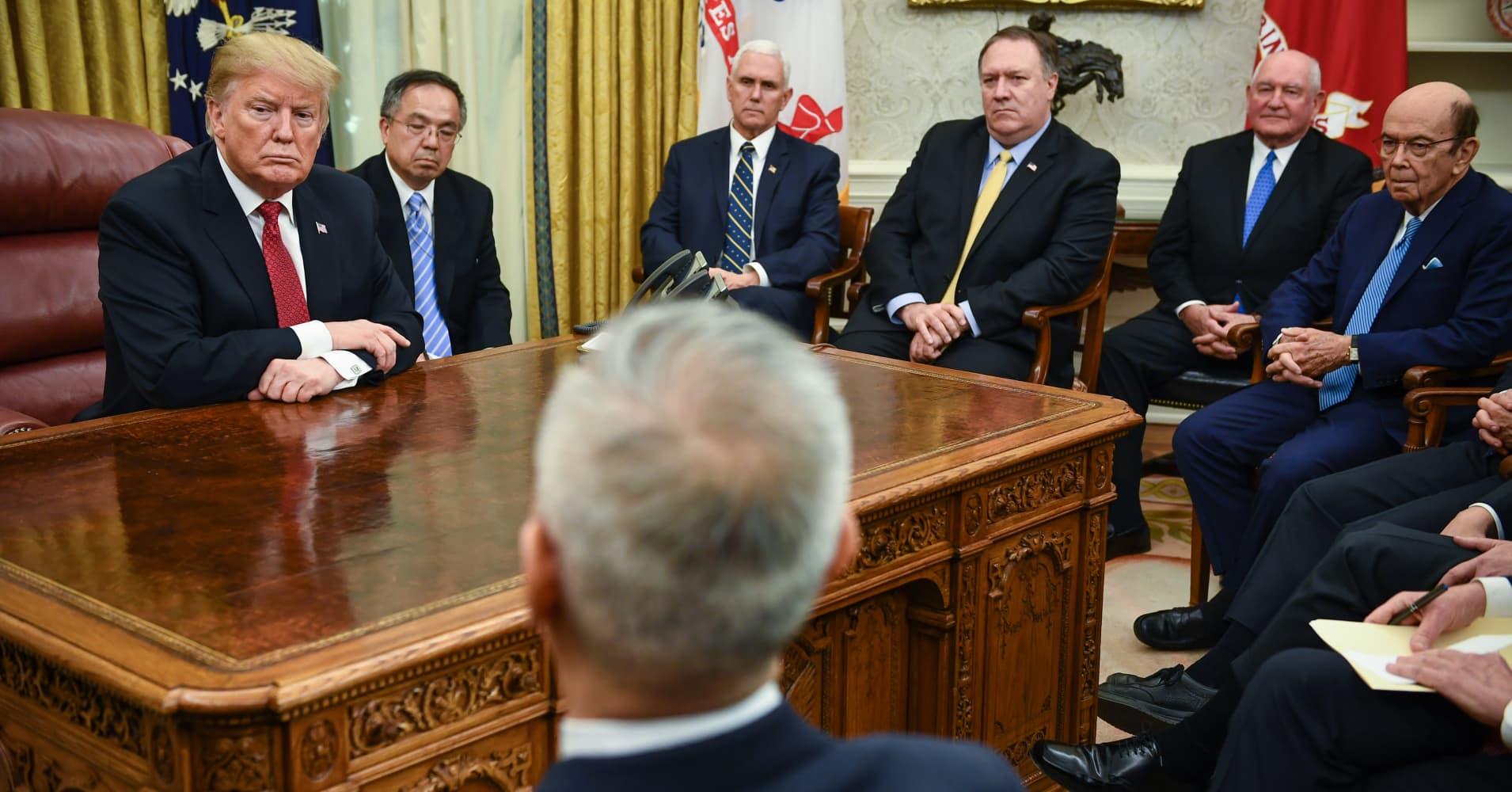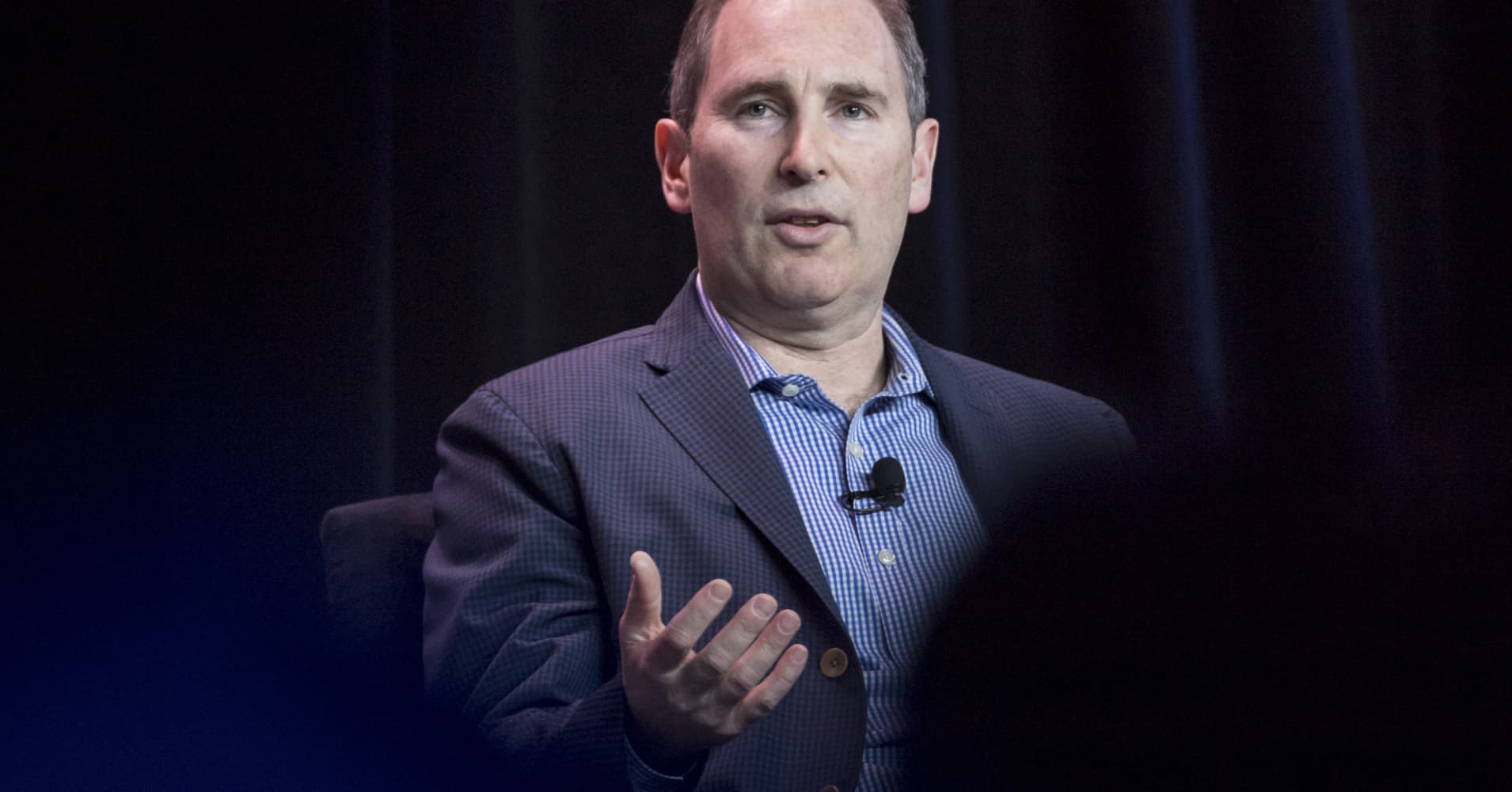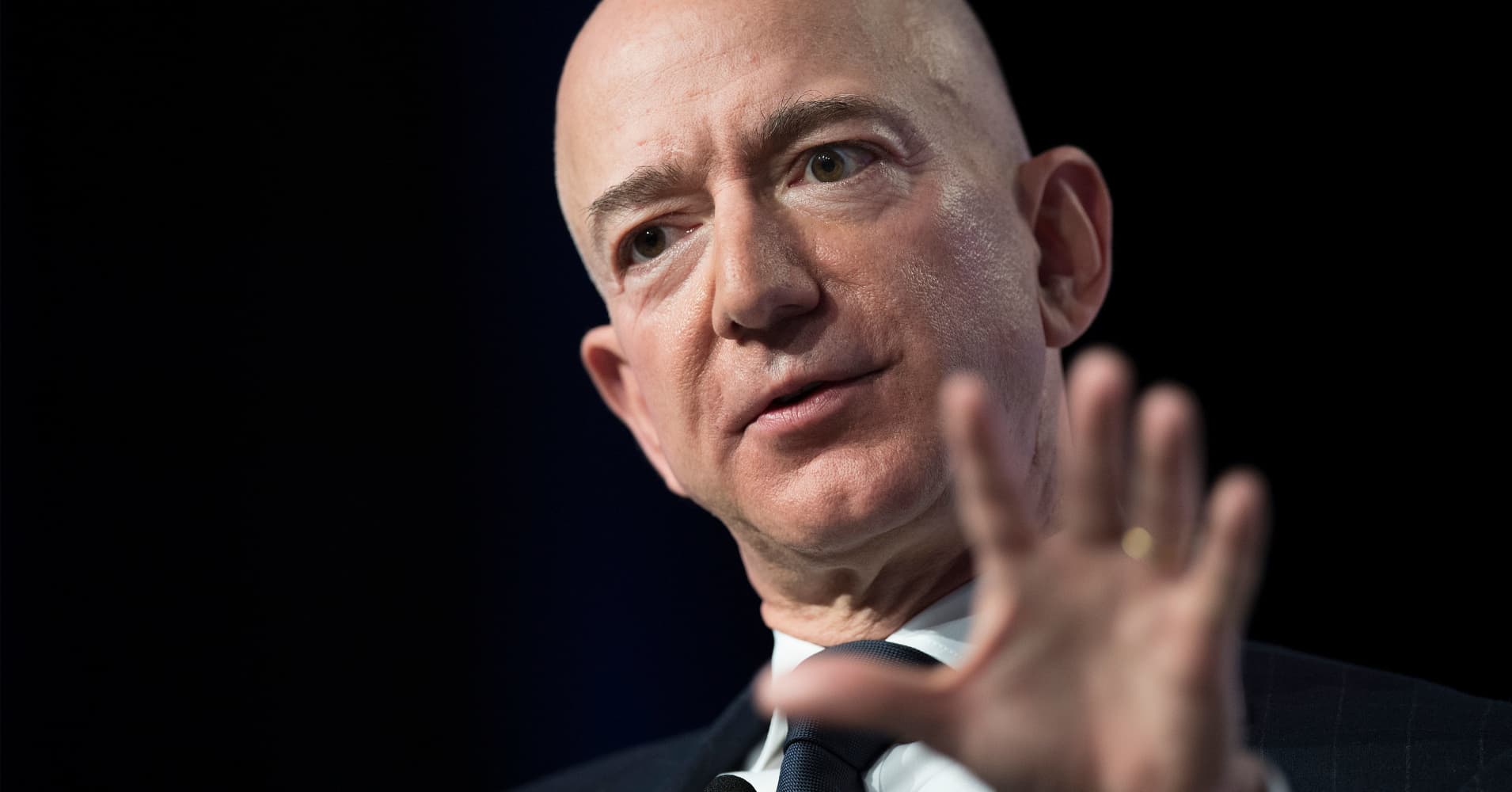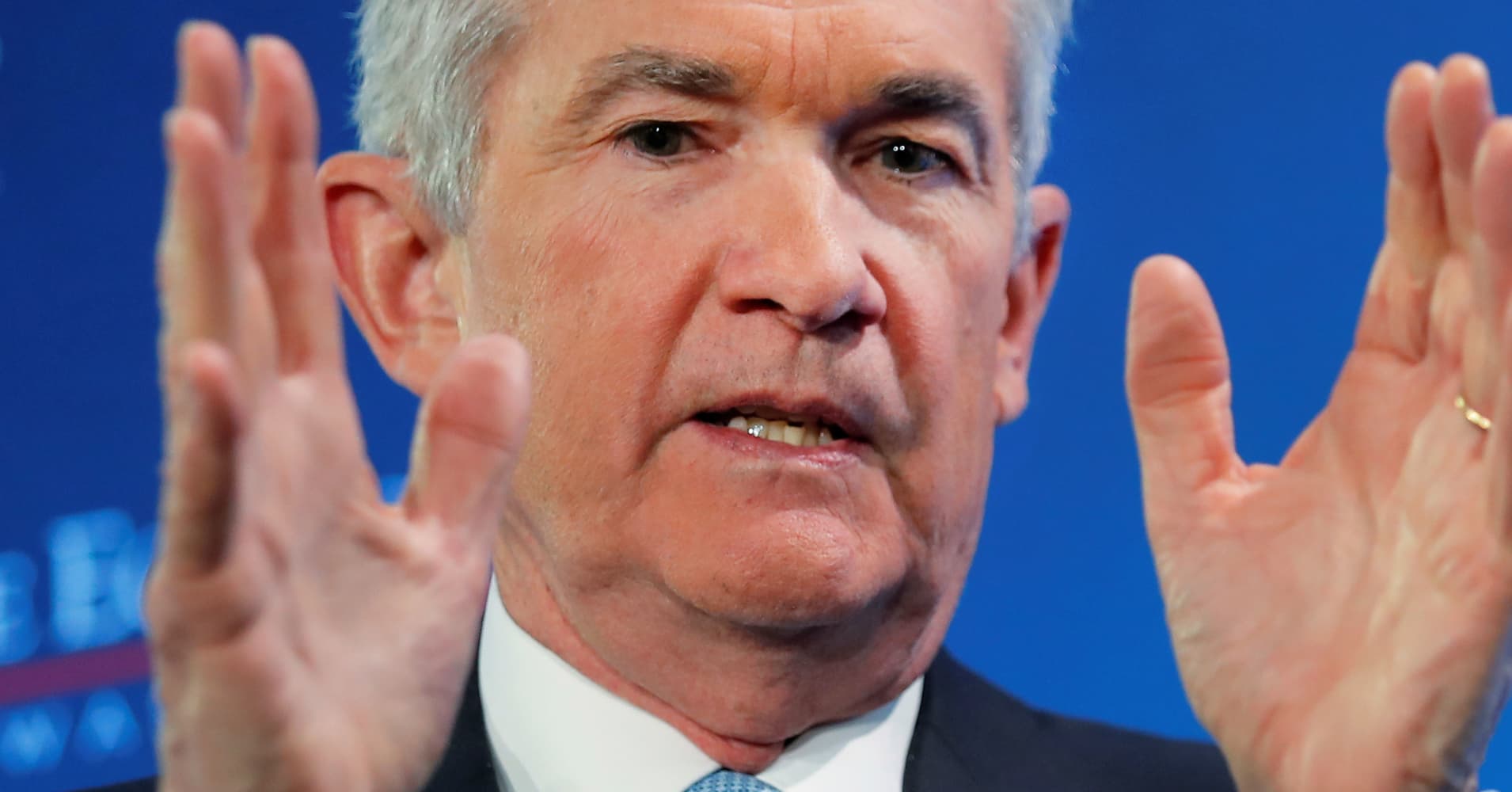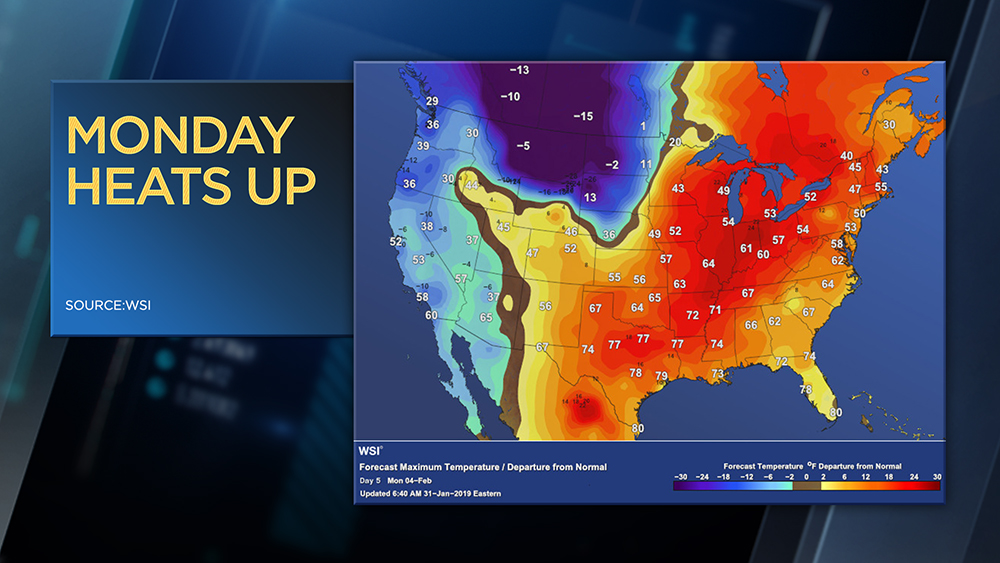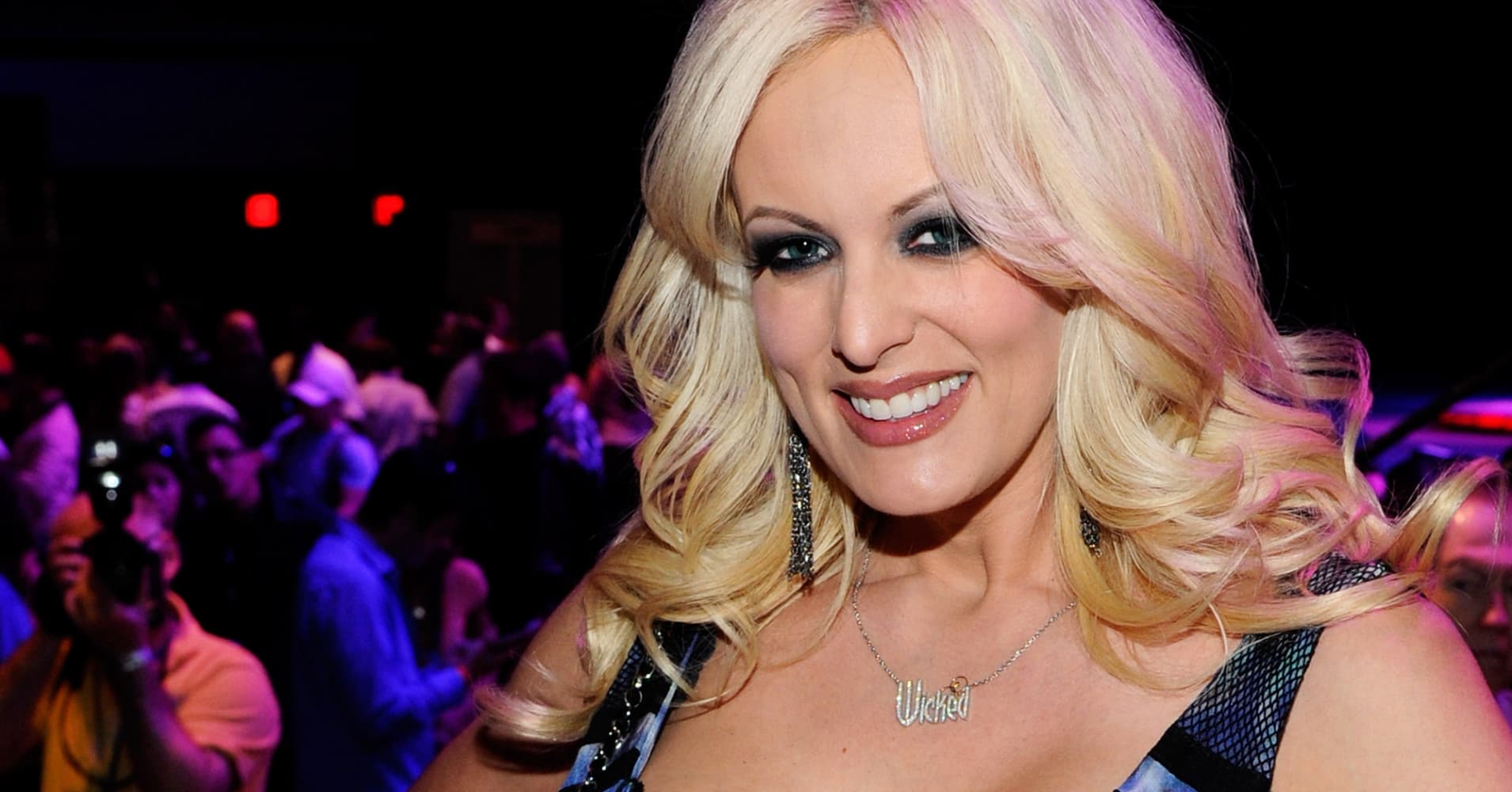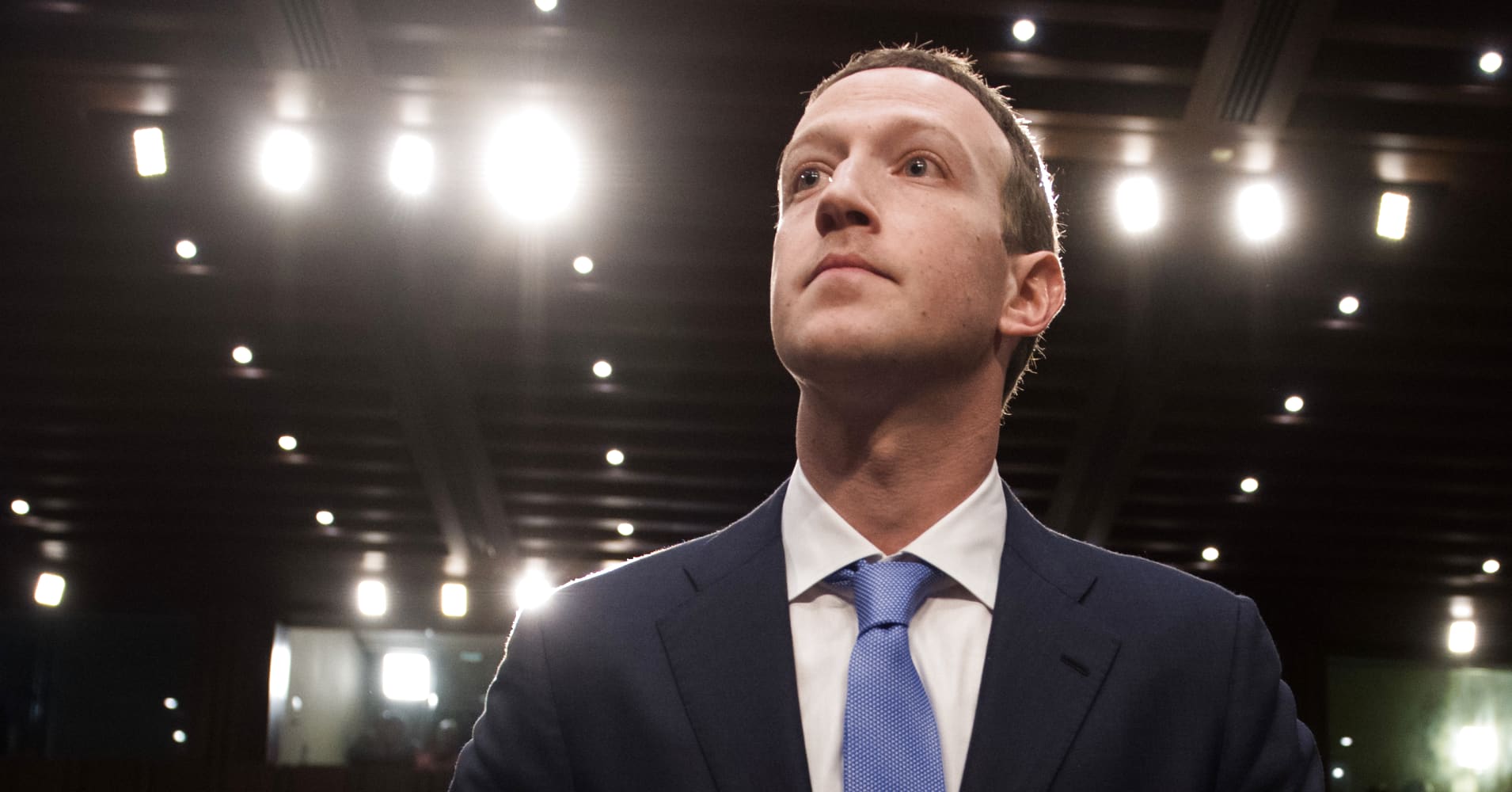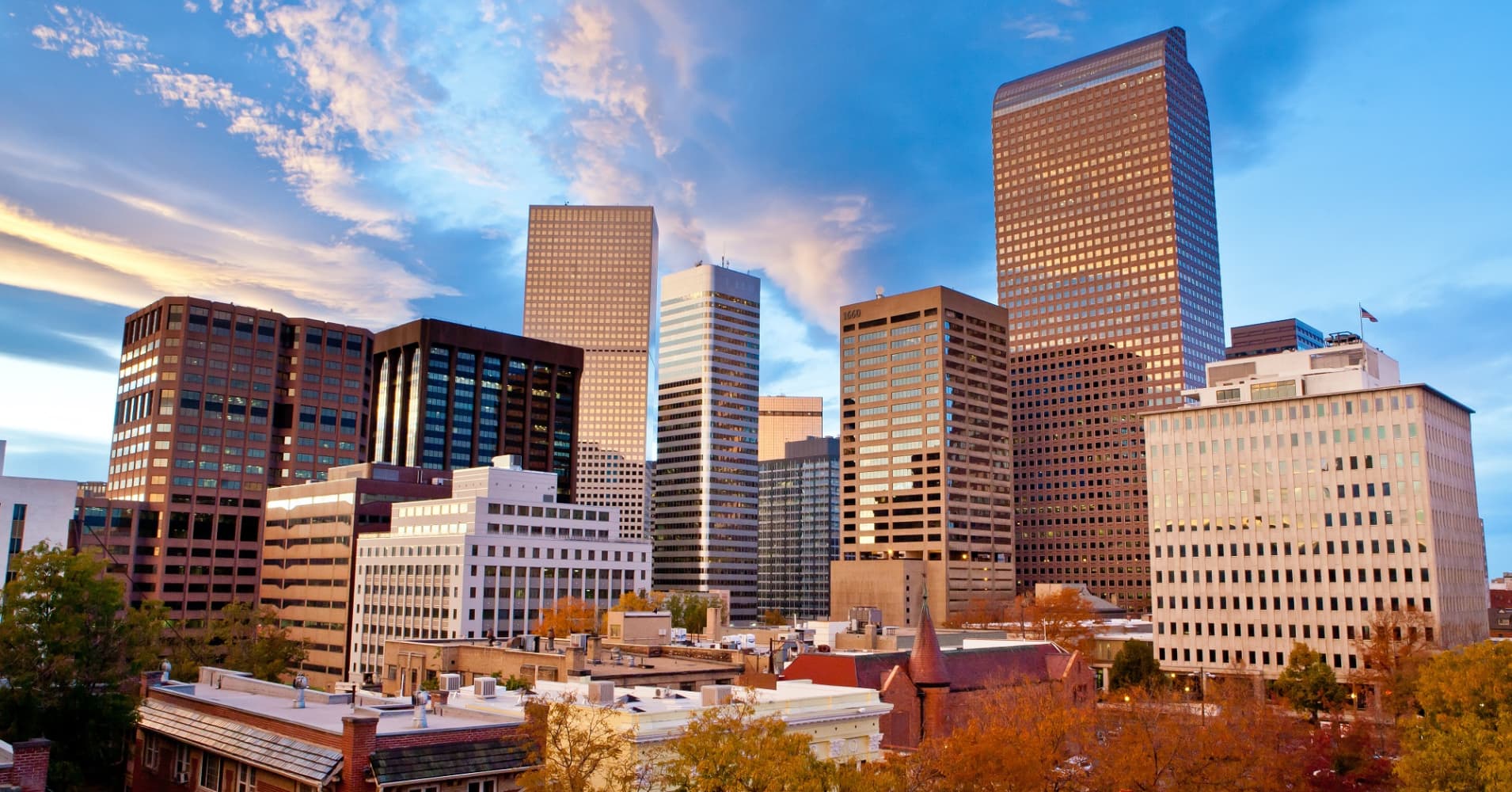Facebook, General Electric and Apple have all proved how powerful low expectations can be, CNBC's Jim Cramer said Thursday after Facebook and GE surprised Wall Street with their quarterly earnings reports.
Despite Facebook's numerous privacy scandals, the social media giant's fourth-quarter results handily beat analyst estimates, sending the stock 10.82 percent higher in Thursday's session. The beleaguered GE saw a similar reaction: shares of the industrial gained the most in 9 years Thursday after a much better-than-anticipated fourth quarter.
Those two stocks helped the broader market along, with the S&P 500 capping off its best January since 1987.
"You know what most of the stocks that have exploded higher this earnings season have in common? They had already gone down hard going into the quarter," Cramer said on "Mad Money" after markets closed. "We have seen this over and over and over again, including [in] today's session. [...] These stocks are all acting like coiled springs."
Leading up to Thursday's report, Facebook's fate looked especially murky. Negative reports on how the company handled user data grew deafening as revenues slowed, costs soared and people, including celebrities, left the platform.
But when Facebook reported Wednesday night, the weakness seemed to dissipate, with the platform logging user growth, advertising growth, revenue growth and lower costs for its latest quarter.
"I think the stock still has a lot more upside, even after today's glorious run," Cramer said, adding that the company's in a much better place now that its costs are fixed and its revenues are climbing. "When you have operating leverage, you can practically print money, and Facebook is back in the leverage business."
GE, which has also been a beacon of conflict, managed to give investors "a sense of confidence that the worst is over" in its Thursday report, a feat once thought by many to be nigh-impossible, the "Mad Money" host said.
"The new CEO, Larry Culp, ... laid out a road map that could eventually get GE off the do-not-resuscitate list and put it in the ICU," Cramer said. "Believe me, that's a major improvement."
While Culp didn't offer any particularly awesome projections about GE's future, he focused on progress, accelerating health-care orders, announced a tentative settlement with the Justice Department and put his own team in place, Cramer said.
"He's going root and branch, people, and when he downsizes [the] power [division] dramatically, we're going to think of GE as a nifty industrial again," he said. "No wonder it rallied."
As for Apple, the iPhone maker's savvy first-quarter pre-announcement in early January may have saved its stock ahead of earnings, which turned out better than expected. The news was followed by CEO Tim Cook's appearance on "Mad Money," during which he painted an optimistic picture about Apple's long-term prospects.
"To me, this confirms that you should simply own Apple — don't try to trade it," Cramer said. "The service revenue steam keeps growing. [...] Most of the weakness in the iPhone is coming from China, which is experiencing a nasty slowdown, as we know, and a rise in [the] trade-war that's induced a lot of economic nationalism. Plus, the strong dollar makes Apple's pricey phones even more expensive versus the competition."
"But, man, if President [Donald] Trump can work out a trade deal with the Chinese, I bet Apple could become ... close to, maybe, a $200 stock again," the "Mad Money" host added.
All in all, muted expectations can do wonders for a stock, so investors trying to profit during earnings season might want to consider picking up plays that look especially down-and-out ahead of their reports, Cramer said.
"Here's the bottom line: expectations are everything during earnings season, and when they've come down into the gutter, well, all it takes are some decent numbers and your stock can explode higher," he concluded. "So scour the losers here; they may be ready for the comeback of a lifetime."
Disclosure: Cramer's charitable trust owns shares of Facebook and Apple.
Questions for Cramer?
Call Cramer: 1-800-743-CNBC
Want to take a deep dive into Cramer's world? Hit him up!
Mad Money Twitter - Jim Cramer Twitter - Facebook - Instagram
Questions, comments, suggestions for the "Mad Money" website? madcap@cnbc.com
Let's block ads! (Why?)
from Top News & Analysis https://cnb.cx/2Wy3vAj
via
IFTTT

